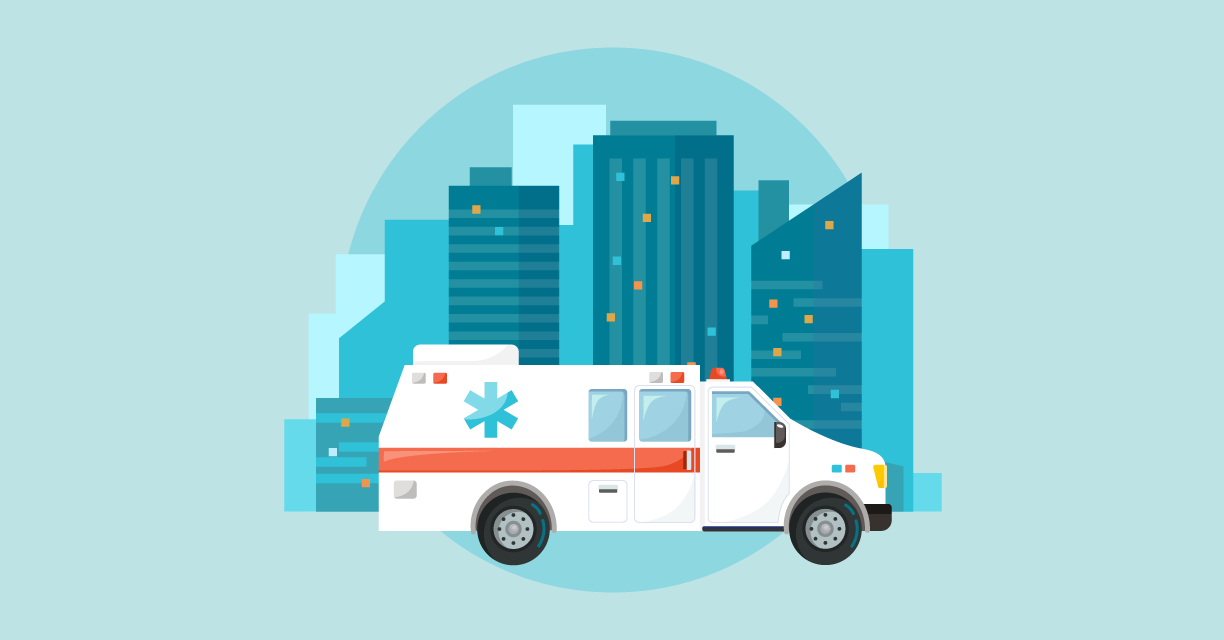Headline
Patients and community health workers (CHWs) share perspectives on the impact of CHW services provided within a primary care setting to address barriers to equitable care.
Context
CHWs are becoming widely recognized for their ability to address social barriers to health for people in marginalized communities. However, there is limited information on the concrete strategies that CHWs use to address patient-, community, and system-level barriers to care and how both patients and CHWs perceive the impact of those actions. This qualitative study explored how CHWs support primary care engagement and high-value, accessible, and equitable care through the Care Connections Program, which embeds CHWs within Los Angeles County Department of Health Services’ patient-centered medical homes.
Findings
Through focus group conversations, patients and CHWs in the Care Connections Program shared common perspectives on patient- and system-level barriers to primary care engagement and care management. Both groups identified several strategies employed by the CHWs that focused on empowerment, care navigation and advocacy, and linkages to community resources and services. However, patients and CHWs differed in how they perceived some of the mechanisms employed, with patients more likely to focus on those that addressed individual-level barriers while CHWs focused more on institutional- and system-level barriers and solutions.
Takeaways
The integration of CHWs into primary care settings can improve care navigation and management for patients with complex health and social needs. When developing CHW programs, policymakers and health systems can apply these lessons about how CHWs address health-system level barriers and ways to optimize the roles of this workforce for more equitable and high-value care.



